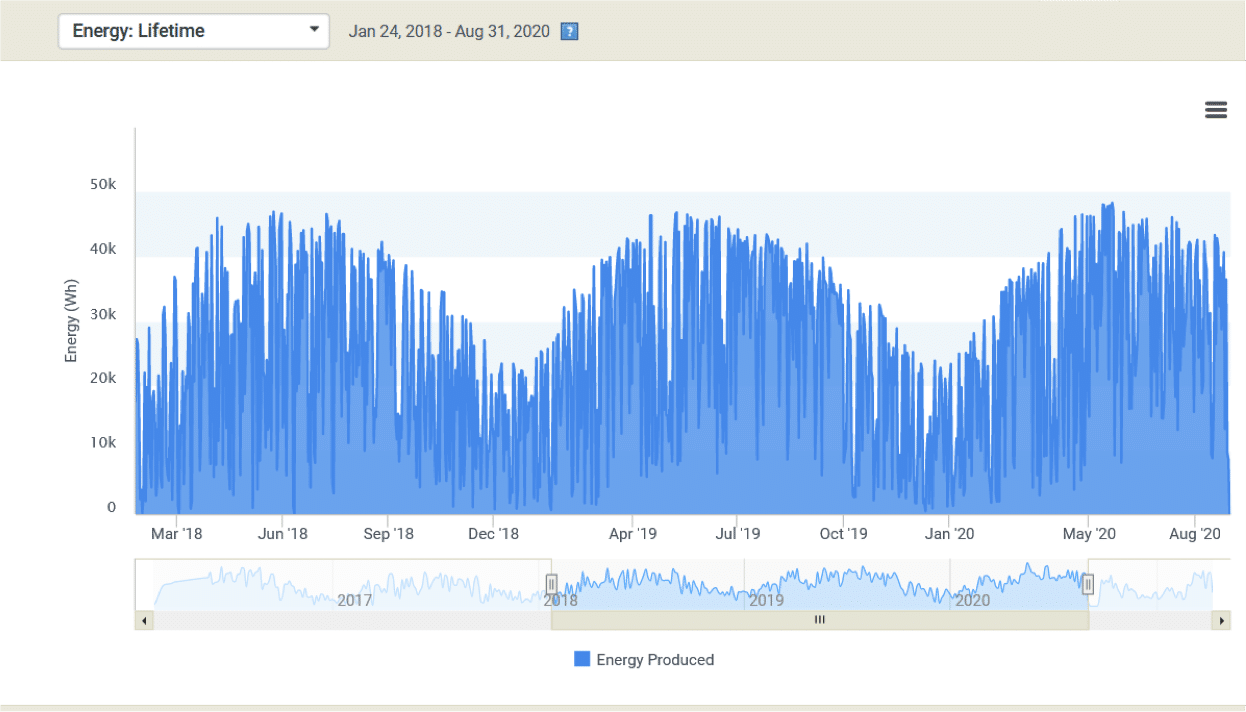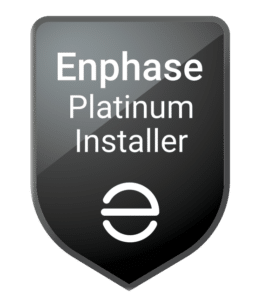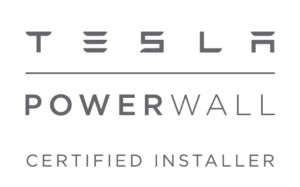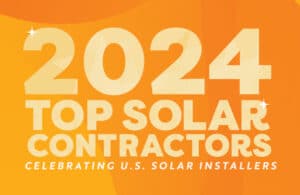Installing solar panels on your Massachusetts home or business will dramatically lower your energy bills moving forward. But how exactly does it all work with your utility company? My Generation Energy is a high-performance solar installer serving Cape Cod, Greater Boston, the South Shore, and the South Coast of Massachusetts. We’ve helped homeowners and businesses in the area with solar panel installation with our start-to-finish services, including electric grid connections.
Here are the answers to a few of the most common questions we get asked, like how quickly solar panels can be operational after the installation and how solar incentives show up and are tracked on future utility bills.
When Does My Utility Company Change Out the Meter After Solar Installation?
After installation, My Generation Energy will call for an inspection from your local municipality or town, which is required before a successful grid connection. Once the inspection is complete, we’ll receive completion documents to send over to your utility company. Your local utility company will then schedule a time to swap out your meter, which typically happens within 2 weeks. My Generation Energy will also help coordinate the completion of this meter swap with your utility company to make the process as easy as possible.
Once the utility company changes your meter, they’ll send us a Permission to Operate (PTO) letter saying that you are allowed to turn on your solar panel system and connect it to the utility grid. My Generation Energy will come back to your home or business and assist with the final turn on of your system and you’ll be ready to go and can start generating solar energy from your solar PV system!
Your Electric Bill Before & After Solar
All of the solar panel systems that we install at My Generation Energy are grid-tied. This means that they are connected to the electric grid and your utility company will still send you an electric bill every month. However, solar panels allow you to produce your own electricity and will offset your electricity charges, potentially eliminating both your rates and customer charges from your bill. How much your electric bill will be after solar panels will depend on a few factors, like how much electricity you use and the size of your solar energy system.
In most cases—especially during the summer—you will receive a zero or even negative bill. The excess electricity your solar panels generate will be listed as a net metering credit and can be carried over to future bills. Net metering credits do not expire in Massachusetts and will continue to roll over to be used at times when your panels produce less, like in the winter. If your solar production did not completely cover your electricity usage, you will owe the difference.
What Will My Electric Bill Look Like After I Go Solar?
Once your solar panels are up and running, your monthly electricity bills will look the same as they did before, only instead of only showing how much grid electricity you used, they will also show how much electricity was sent back to the grid from your panels, as well as any net metering balance.
Of the many Massachusetts solar incentives, net metering is one that you can really financially benefit from. It allows you to send back any excess electricity generated by your panels to your utility company, in exchange for a credit for any electricity you might get from the grid when your solar panels aren’t active, like at night. We see many of our customers overproduce in the spring and summer and use their net metering credits in the fall and winter.
How Do I Find the Solar Net Metering Credits on My Bill?
On your monthly electricity bill, your net metering credits will show up as a line item under your delivery charges. They may be labeled “Net Meter Credit” or “NET MTR CRDT.” This credit is calculated using the rate of electricity during the billing period when your solar production exceeded your solar usage and will show a negative dollar amount. You’ll then be able to draw from that line of credit as needed in the future.
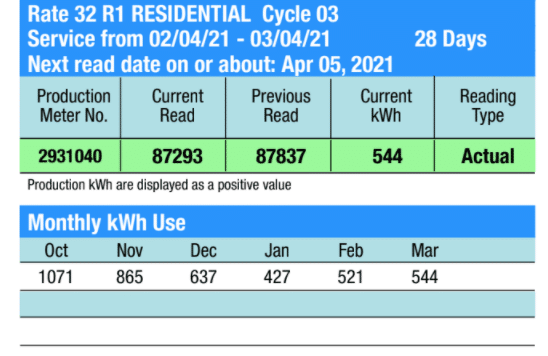
In the summary charges in the Eversource example above, you can see that this customer used $18.98 of his net metering credits. If his system had produced more energy than he used, his “Total Current Charges” would be a negative number, and would be added to his net metering credit balance. You can also view another sample Eversource bill where net metering credits are shown as a line item under “Total Charges for Electricity”.
What Are Renewable Energy Certificates (RECs)?
Renewable Energy Certificates (RECs) are tradable credits that represent electricity that was generated with renewable sources. RECs were created in order to both help electricity suppliers meet their renewable energy production standards and to incentivize homeowners to convert to renewable energy. RECs give solar owners the opportunity to sell their electricity while also allowing home and business owners without a renewable energy source the ability to use clean energy.
Will My Electric Bill Change Depending on the Season?
Your solar panels can only produce electricity when there’s daylight, making summer the most productive season of the year. In the fall and winter seasons when the days get shorter, there’s less time for your panels to produce electricity. Because it gets darker early, New England homeowners also tend to use more electricity during the shorter days of the year.
The good news is that if you’ve built up a negative balance during the summer months, you can carry that solar net metering credits forward to help offset future bills when your production might not be as high and your electricity usage increases. Take a look at a typical energy production chart of a Massachusetts solar PV system over the course of one year. You can see the seasonal highs and lows.
